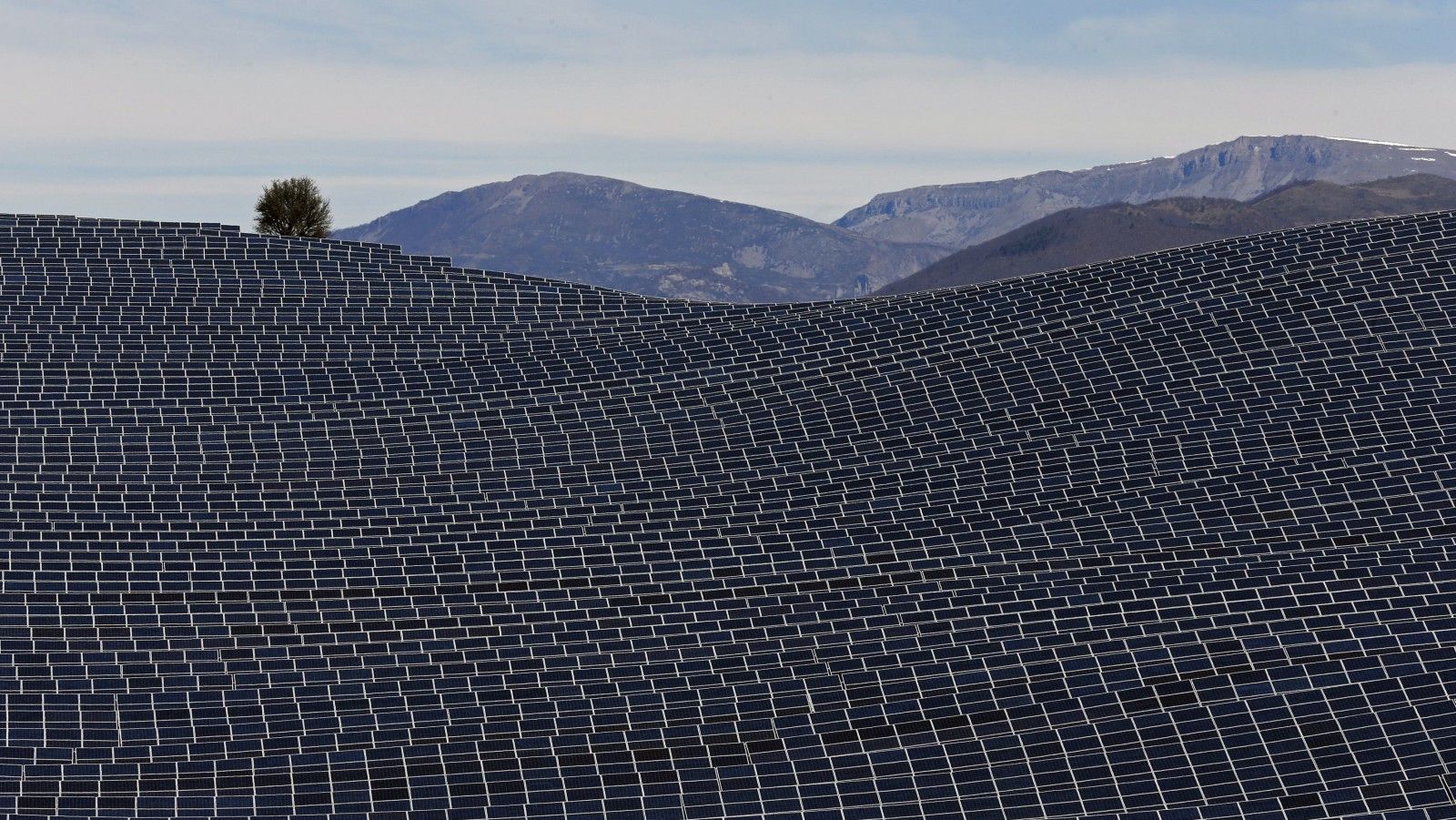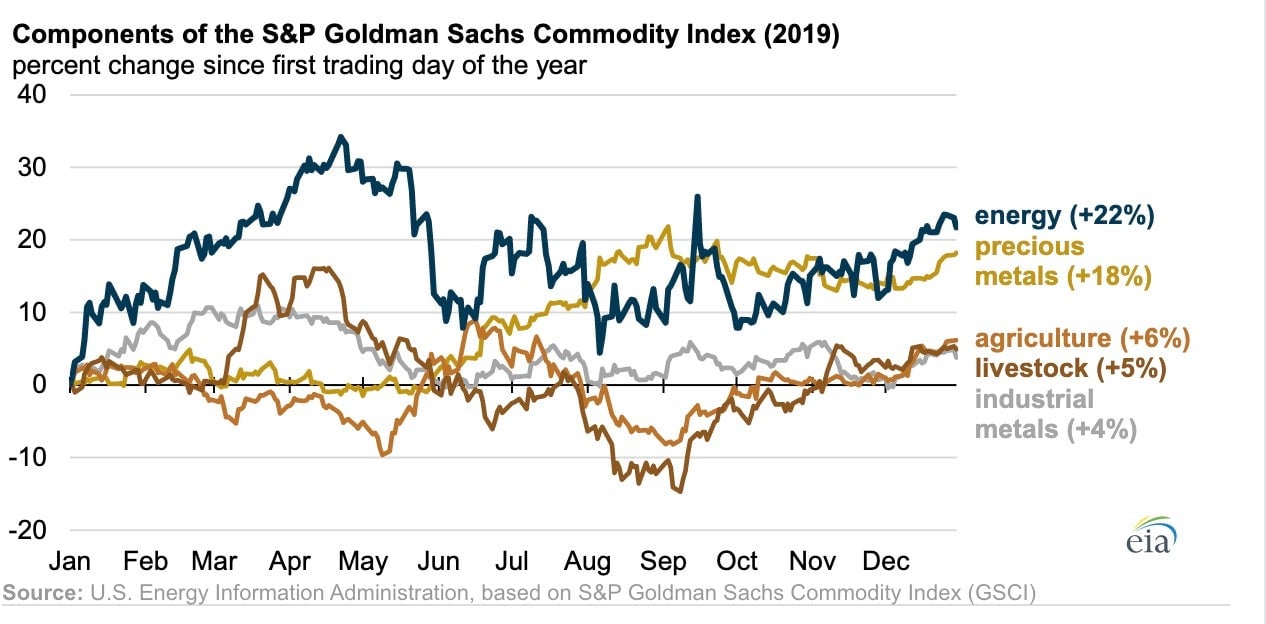The Race to Zero Emissions: bushfires, solar farms, and water woes
Hello everyone,

Hello everyone,
Welcome to 2020! Despite the tragic Australian wildfires, there was plenty of encouraging climate news over the holidays. We’re hoping the trend continues. Here’s what happened over the past week that helped or harmed the world’s chances of cutting greenhouse-gas emissions to zero.

Decreases emissions
1️⃣ Legislators in Fukushima, Japan, the site of the 2011 nuclear disaster, voted to generate all its energy from renewable sources within two decades. The ¥300 billion ($2.8 billion) project will produce roughly 600 megawatts of electricity from nearly two dozen solar and wind farms.
2️⃣ The UK launched its first major hydrogen fuel pilot. Keele University is mixing its natural gas with 20% hydrogen for heating and cooking. If it goes well, it could become a national model. Surplus renewable energy can be used to produce clean-burning hydrogen.
3️⃣The Trump administration says it will approve a 690-megawatt solar farm, the largest in the US. Once fully operational in 2023, the $1 billion project in Nevada’s desert will store energy in four massive lithium-ion batteries and boast enough solar panels to cover 5,300 football fields.
4️⃣ Norway’s top oil and gas exporter Equinor says it will nearly eliminate greenhouse gas emissions from domestic operations by 2050 while still pumping crude. The company plans to spend $5.7 billion on new technologies and renewables. But even if emissions will not count against Norway once the oil is burned, it will count in the atmosphere.
5️⃣ Germany is cutting taxes so more people take the train. As the Sweden-led Flygskam (translated as ‘flight shame’) movement gathers steam, the national railway company Deutsche Bahn cut prices 10% for long-distance rides. German legislators also slashed the value-added tax on rail travel from 19% to 7%.
Fossil fuel prices surged in 2019
Energy commodities got pricier in 2019. Gasoline, crude, heating oil, and other fossil fuel prices rose by an average of 22%, more than any other index, says the US Energy Information Administration. Natural gas was the exception, falling 26% over the year. But since energy indexes are weighted by volume, the rising price of crude oil dominated the index.

Net-zero (for now)
1️⃣ Zero-carbon energy overtook fossil fuels in Britain for the first time since the Industrial Revolution. Nearly half the UK’s energy came from wind, solar, nuclear, and hydropower in 2019, according to figures from the utility National Grid, while biofuels and waste accounted for another 8.5%. That left fossil fuels with 43%, the lowest share since the 19th century.
2️⃣ A new 17-page climate adaptation plan for Russia aims to “use the advantages” from a warmer planet and “lower the losses.” The strategy outlines 30 steps for the government such as building dams, adopting drought-resistant crops, and disaster preparation, as well as opportunities such as expanded agriculture and a navigable Arctic ocean.
3️⃣ Lawsuits advancing in 2020 may decide the fate of delivering natural gas in America. The US Supreme Court is considering whether multi-billion-dollar pipelines can cross the Appalachian Trail. A second case pits New Jersey against fossil fuel companies attempting to seize public land.
4️⃣ California has issued a “water resilience portfolio” to combat state water woes after a disastrous decade of fires and floods. The draft report (pdf) urges the state to diversify its water sources, restore river ecosystems, build infrastructure to store and transport more water, and prepare for new climate-driven threats.
5️⃣ In the Philippine capital of Manila, city officials are working with residents in slums destroyed by typhoons to build flood-resistant housing rather than evict them. Eventually, 15 buildings with thick walls and raised water tanks will house 900 people. It’s a model for 1 billion people living in informal settlements.
26,000 lives saved by abandoning coal power
In the journal Nature Sustainability, researcher Jennifer Burney at the University of California, San Diego estimated the effects of reduced aerosol, ozone, and other air pollution from shutting down coal power plants. The reduction in coal burning saved 26,610 and boosted production of corn, soybeans, and wheat by about 570 million bushels.

🔼 Increases emissions
1️⃣ Australia’s wildfires keep getting worse, fueled by record heat and drought. Australians fled to beaches, golf courses—anywhere without trees—as flames consumed more than 12 million acres of land, killed more than 20 people, and created thousands of “bushfire refugees.” It’s the first major climate-linked disaster of 2020.
2️⃣ The Trump administration wants to exempt federal infrastructure from climate review. The proposed White House rule would eliminate “cumulative” impact reviews under the 1969 National Environmental Policy Act which include global warming. US courts have cited the reviews when blocking fossil fuel projects such as the Keystone XL oil pipeline.
3️⃣ The US Department of Energy rejected rules that would have phased out inefficient incandescent bulbs. Courts may still enforce the rule, but if left on the market, incandescents could increase annual electricity demand in the US by the equivalent of 30 large power plants, one environmental group argues.
4️⃣ Europe’s strict new rules for vehicle emissions (12% of the EU total) have not dented Britain’s emissions trajectory. Higher SUV sales and fewer diesel engines mean the UK’s auto sector’s CO2 emissions rose for the third straight year, emitting more than one-third more CO2 per kilometer than EU rules allow.
5️⃣ Oregon and Utah want electric cars to pay more to replace gas taxes: States are preparing for cars that don’t run on gas, so they’re upping fees for electric cars. The cost increase is small—$120 per year to register an EV in 2021 compared to $20 for a hybrid vehicle—but car buyers are notoriously price sensitive.
Stats to remember
As of Jan. 5, the concentration of carbon dioxide in the atmosphere was 413.99 ppm. A year ago, the level was 409.05 ppm.
Have a great week ahead. Please send feedback and tips to [email protected].